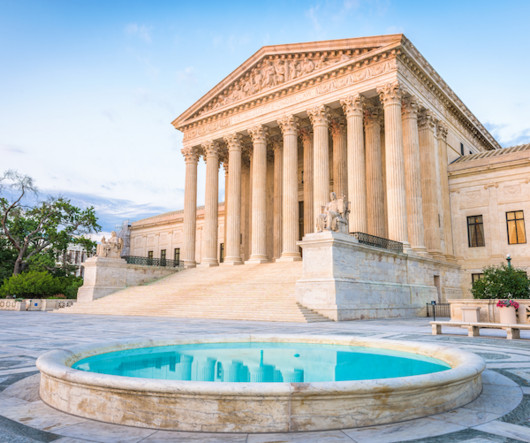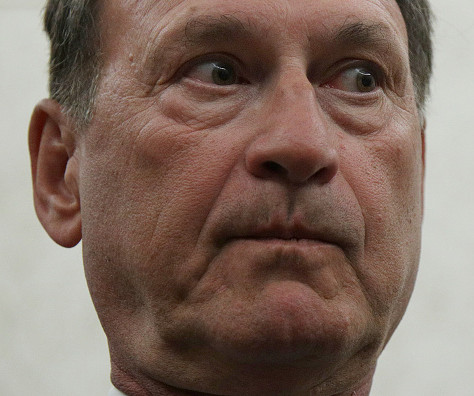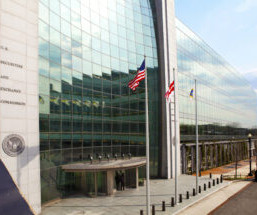Student Loan Forgiveness Program Fails to Survive Supreme Court Scrutiny
Constitutional Law Reporter
AUGUST 2, 2023
Nebraska , 600 U.S. _ (2023), the U.S. Supreme Court struck down the Biden Administration’s student loan forgiveness program. Supreme Court’s Decision By a vote of 6-3, the Supreme Court agreed with the states that the HEROES Act does not authorize the loan cancellation plan. In Biden v.














Let's personalize your content